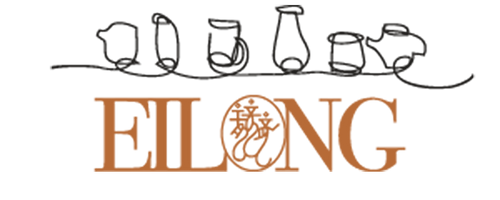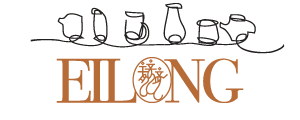
Ceramics and glassware are two of the earliest manufactured articles in the history of mankind.
In ancient times, natural plastic clays were first shaped into such articles as bowls and pitchers and were then hardened by fire.
Production methods employed in those early days were developed on a trial-and-error basis, with no knowledge of the chemical reactions occurring during the firing process.
Also, the biological effects of using their ceramic products for the handling and storage of foods and beverages were unknown. Unfortunately, the manufacturing methods in many regions of the world today differ very little from those used centuries ago.
In fact, there is good reason to believe that in some areas of the world, chronic lead poisoning may be a way of life among people who use primitive methods to make their ceramic foodware articles.
Another reason may come from the pollution or impurity of the raw mineral soil, or from the factory’s addition of heavy metals such as lead and cadmium to save fuel costs, which can effectively lower the transition temperature of ceramics or glass. To save fuel costs to obtain more profits while catalyzing more brilliant colors.
For decades, EILONG® has placed great emphasis on the safety of raw materials and products.
All materials in contact with food, whether packaging, glassware, ceramics, stainless steel, silicone or storage containers, are tested by SGS after product development and meet the stringent requirements of the European Union or the US FDA, ensuring that the goods we supply to you are safe and meet the world's strictest standards. Make sure they are safe enough to touch food.
EU specifications
Stainless steel / Silicone - Framework Regulation ( EC ) No. 1935 / 2004
Testing as per Commission Regulation ( EU ) No 10 / 2011 of 14 January 2011 and hence Article 3 of European Regulation No.1935 / 2004
Ceramics / Glass - Compliance with 2005 / 31 / EC ( amendment of 84 / 500 / EEC )
Plastics - Regulation ( EU ) 10 / 2011
US (FDA) specifications
Ceramics - Compliance Policy Guides 7117.06 ( 12 / 12 / 95 ) and 7117.07 ( 12 / 12 / 95 )
Silicone - Reference to U.S. FDA 21 CFR177.2600 to conduct the test






